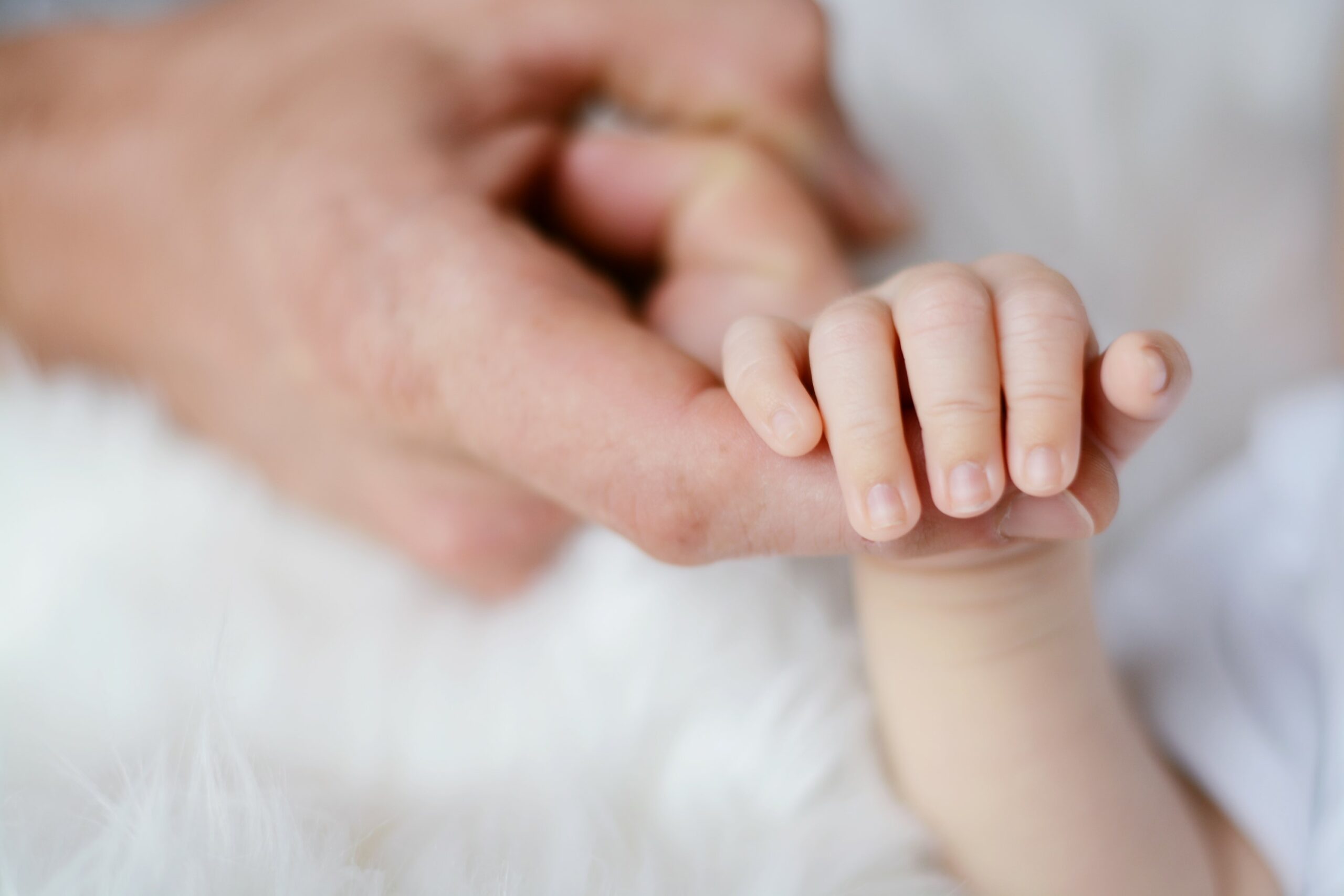Research published in PLoS Medicine in September 2019 found that once a woman had delivered a baby via a caesarean section, subsequent births were safer for mother and baby if a c-section was repeated rather than attempting a natural birth.
According to the study, which looked at 74,000 births in Scotland, 28.4% of the women who had previously had a c-section, but subsequently chose to deliver their next baby naturally, ended up having an emergency caesarean.
One in four babies are born by c-section in the UK – half of those are planned or elective c-sections and the other half are emergency caesareans when complications have arisen during a natural birth according to data published by the BBC.
While childbirth is the most natural thing in the world, it can prove risky if both mother and baby are not carefully monitored throughout – this applies to both vaginal and caesarean births. Pregnant women also have a right to be fully informed by medical staff in order to make the appropriate choice in their personal circumstances, taking into account their individual medical history.
Caesarean births have been subject to controversy, not least because many women are reportedly refused a c-section by their local hospital, often on the grounds of cost.
The National Institute for Health and Care Excellence (NICE) has a “woman-centred care” guidance in relation to c-sections which states that “pregnant women should be offered evidence-based information and support to enable them to make informed decisions about childbirth. Addressing women’s views and concerns should be recognised as being integral to the decision-making process.”
NICE guidelines are not always followed however, and many women find themselves refused a c-section or not being offered the option in the first place.
In August 2018, Birthrights published a report exposing that the majority of NHS Trusts made requesting a c-section an unnecessarily arduous process for pregnant women.
Its findings also found that nearly three quarters (74%) of NHS Trusts did not offer mothers the option of having a c-section in line with best practice guidance published by NICE.
The report also revealed that 15% of NHS Trusts had policies or processes that did not support giving mums the option.
There are pros and cons to vaginal versus caesarean births of course. However, what should be avoided are circumstances leading to medical intervention and an emergency c-section which can place both mother and baby at heightened risk.
An emergency c-section takes place when something has gone wrong. In some cases, this may be due to mother and baby not being monitored carefully enough by medical staff or complications arising during a natural birth because the mother has not been given the option, or has been refused, a caesarean.
In a small number of cases when things go terribly wrong, the baby can suffer severe injuries before, during or after birth, leading to lifelong physical, psychological and behavioural difficulties.
Prevention is key, and it is essential therefore, that pregnant women are provided with clear and transparent advice about all the available options. All mothers should also be given the choice of whether a natural or caesarean birth is the best method for the safe delivery of their baby. Their decision should always be respected in line with NICE guidance.
Our team of medical and legal experts specialise in acting for families who have suffered a preventable, and significant, birth injury. We understand the extensive financial, emotional and practical support needed by families who have been through this traumatic experience.
Our established team has extensive experience in handling complex birth injury claims with a strong track record of securing £multi-million settlements to help make life a little easier and ensure that lifelong support can be afforded.
For a free initial consultation, contact Diane Rostron and her team on 01253 766 559 or send a summary of your claim to dr@addies.co.uk








